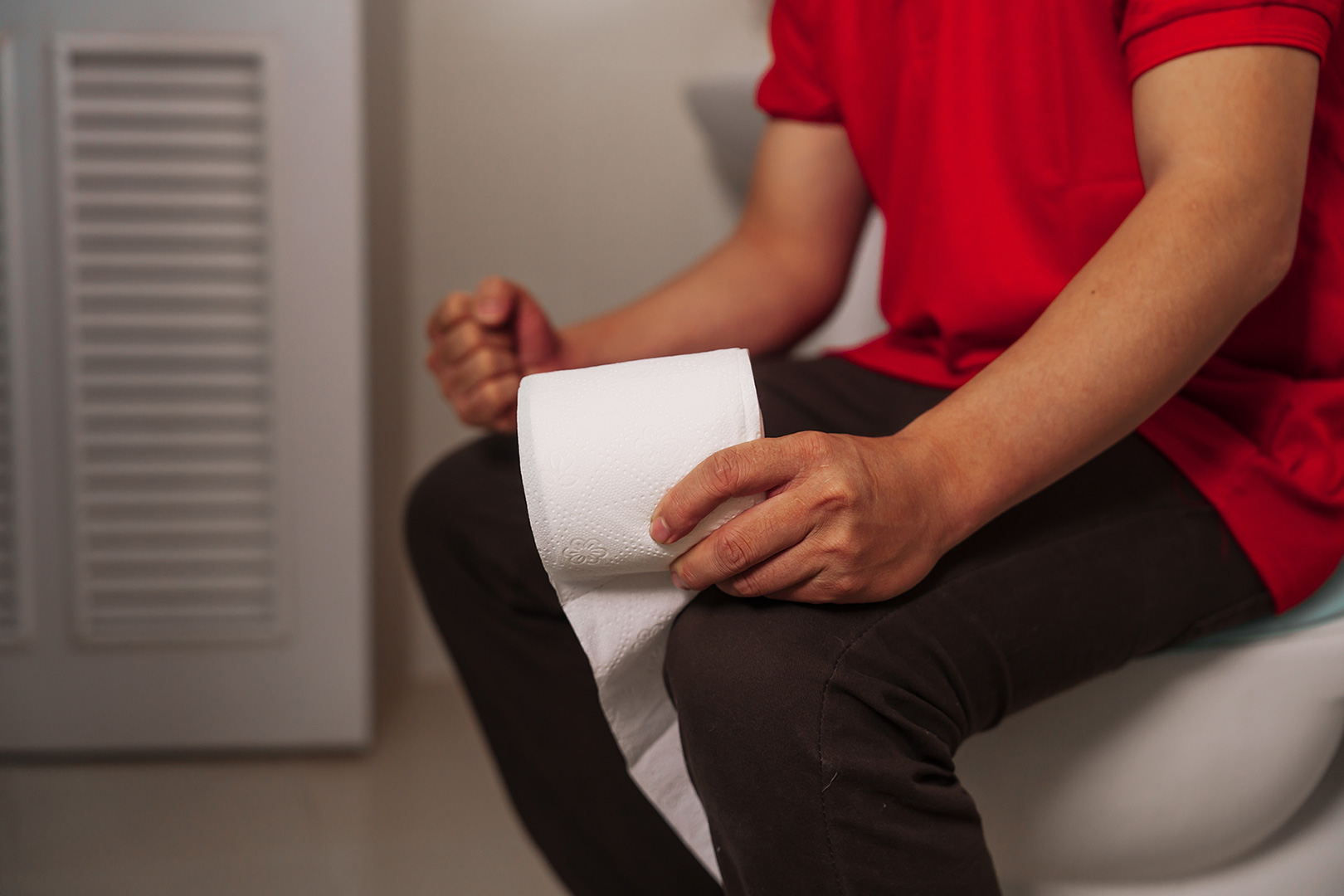
When you do not take regular bowel movements, but instead visit the toilet and pass nothing more than three stools in a week then you become constipated. You can either strain or feel bloated or just feel that you have not completed emptying of bowels. A Houston gastroenterologist may assist you to revoke the pain and regain body digestion.
Common indications of constipation are common, even though there are only bunches of them:
There are several different causes of constipation; they could include life choices and illnesses:
Expert diagnostics and successful treatment of constipation-related conditions are offered, considering a patient-centered approach, full digestive health, and the official supportive documents (GastroDoxs). We offer you the long-term relief and higher life quality by our personalised approach that is human and errors make us compassionate. Got your appetite under control? Your comfortable journey begins today when you try to make an appointment with our specialists in Houston.
We've successfully treated more than 6K patients, helping individuals improve their digestive health and overall well-being through expert, personalized care.
With over 20 years of experience, GastroDoxs has been a trusted provider of gastroenterology care, focusing on delivering the best outcomes for patients
Constipation is coded as K59.0 on the ICD-10 code. The code is employed by providers of health care services and insurance companies to record and charge constipation diagnosis.
Yes. The accumulation of stool in the colon can cause increased pressure in the abdomen and this may reflect in lower back or pain.
Yes. This is due to slow-moving bowels that slow down the emptying of a man's stomach causing one to feel full, bloated and in some cases, nauseated.
Oats, beans, apples, pears, broccoli and wheat bran are foods rich in fiber. Intake of these can harden stool and enhance normalization of bowels.
Yes. Magnesium citrate is a osonic laxative, which causes the entry of water to the colon, commonly giving the occurrence of a bowel motion between 30 minutes and six hours.
Certain antibiotics affect the normal gut bacteria in an undesirable way making digestion slugging and causing harder, less frequent stools.
Yes. Under stress and anxiety responses, there is a change in gut motility and slows down in digestive process leading to constipation.
Magnesium citrate and magnesium hydroxide both are good osmotic laxatives and which are recommended in case of constipation.
In the case of toddlers, a small glycerin suppository or an age-related fiber supplement (such as a kid-safe psyllium powder) can be helpful in the situation under pediatric supervision.
Visit a specialist in case you have less than three bowel movements weekly, chronic pain, blood loss, unwanted weight loss, and changes of lifestyle and over-the-counter medications have no effect.